According to the association, wholesale electricity prices in Germany have doubled, while industrial output in energy-intensive sectors has dropped by more than 20%. EID argues that a competitive industrial power price between €40–60/MWh, including all taxes and grid fees, is essential to sustain production in globally competitive markets.
While acknowledging that CISAF represents the first EU-wide state aid framework for energy-intensive sectors, EID warned that the current design fails to meet its purpose due to its short duration (valid only until 2030, with a maximum of three years of support per company), low support rate (up to 50%), and narrow scope (limited to KUEBLL list A sectors).
EID called on the German government to make full use of the flexibility provided by the EU framework and put forward the following key demands:
-
Extend CISAF coverage to include KUEBLL list B sectors.
-
Allow CISAF aid to be combined with the national energy price compensation scheme (SPK).
-
Include all electricity consumption under the support mechanism.
-
Implement monthly reimbursements instead of annual payments for faster cash relief.
-
Ensure simple, technology-neutral, and low-bureaucracy environmental requirements for beneficiaries.
The association also stressed that CISAF should be made permanent to provide long-term investment security. According to EID’s analysis, the current limitations mean that even after CISAF deductions, the average electricity price remains around €83.75/MWh, far above the targeted €40–60/MWh range.
EID represents key material sectors such as cement, chemicals, glass, non-ferrous metals, paper, and steel, which form the core of Germany’s industrial base and include thousands of SMEs.


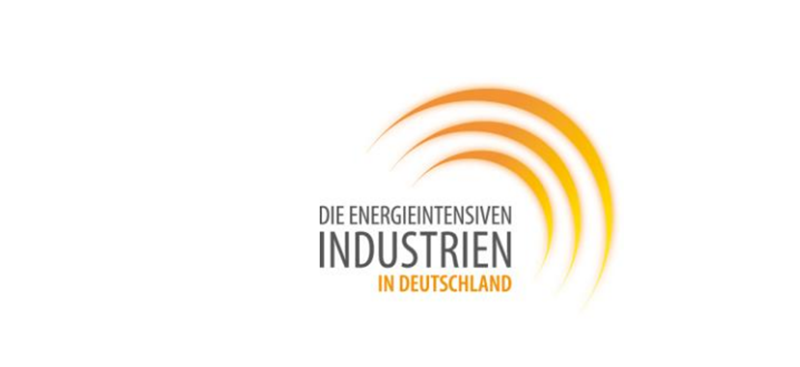

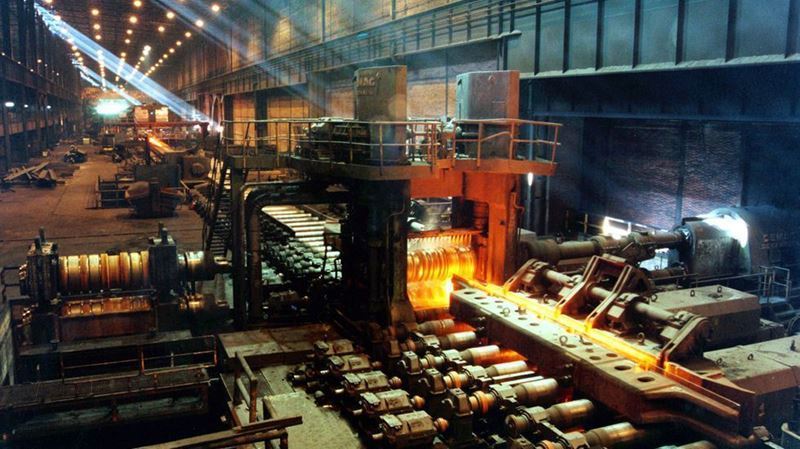

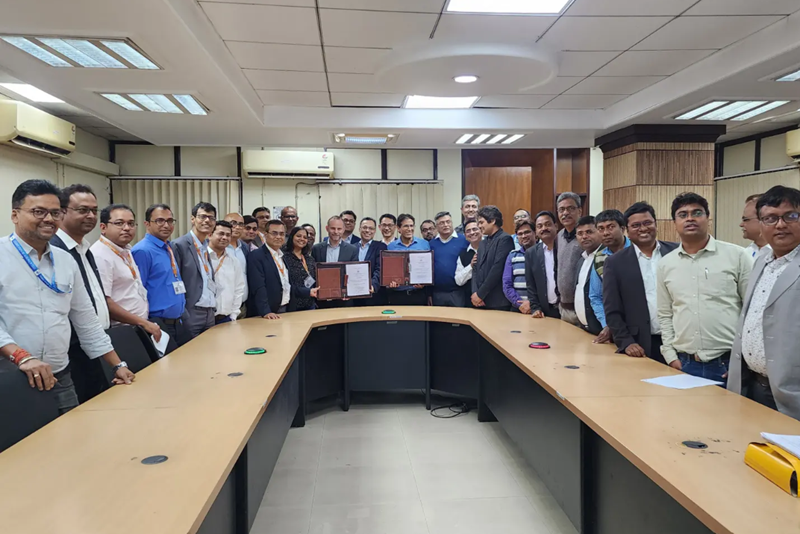
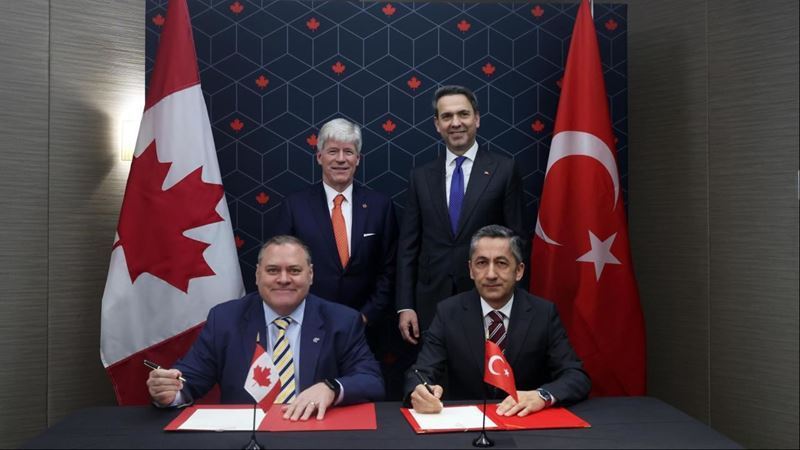
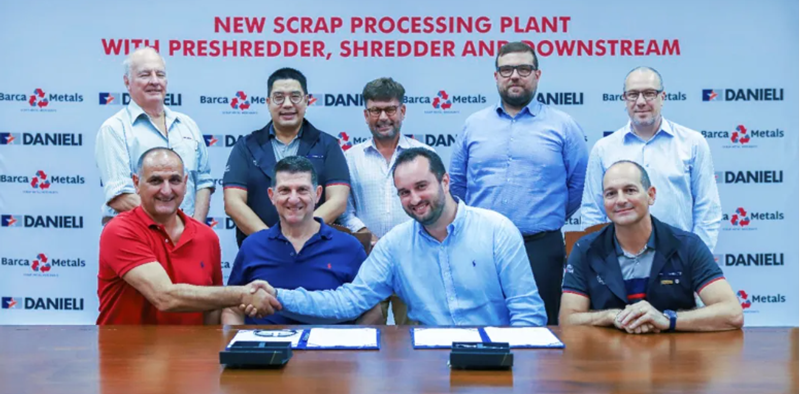


Comments
No comment yet.